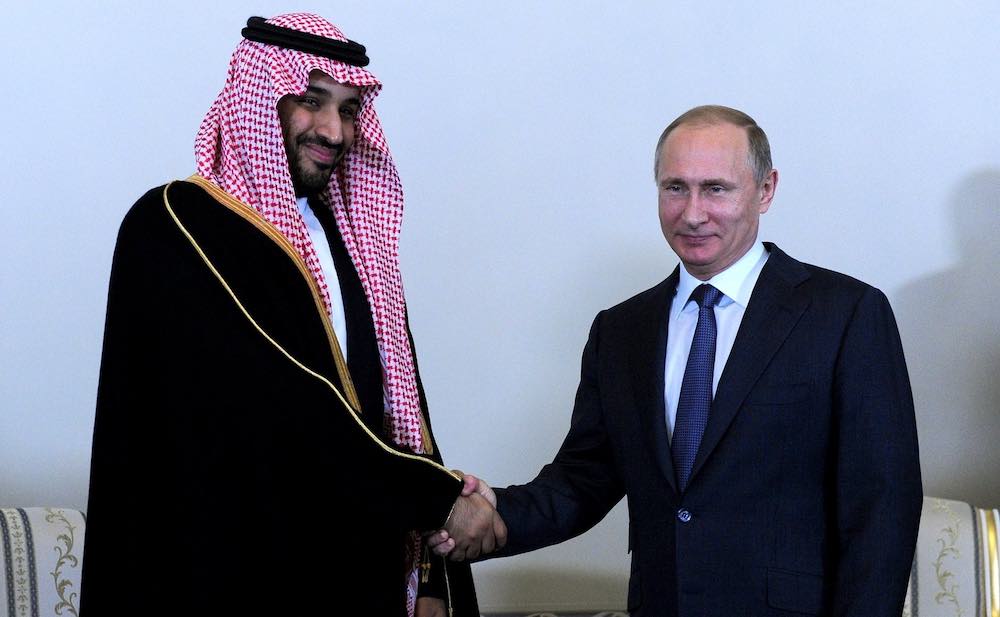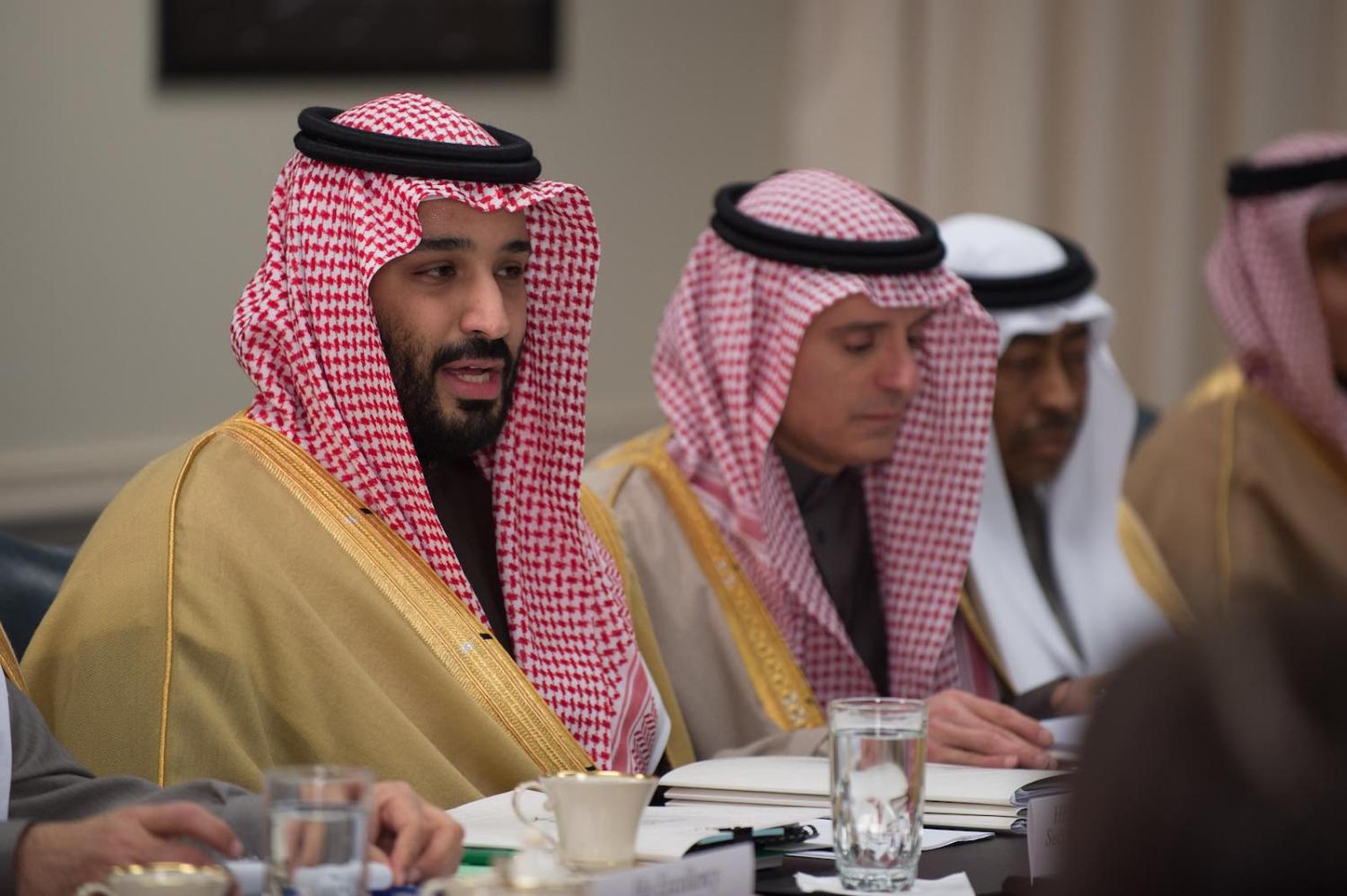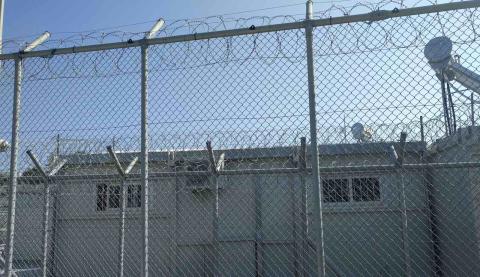The ramifications from the oil war that has pitted Saudi Arabia against Russia but also dragged in the United States may end up being most significant for Riyadh. To misquote Oscar Wilde, “To lose one war may be regarded as misfortune, to lose both looks like carelessness.”
Having already plunged into conflict in neighbouring Yemen, the concern is that impetuous Saudi Crown Prince Mohammad bin Salman (MBS) has initiated his second war of choice by overestimating Saudi abilities and without an appreciation of the second-order effects of doing so. The oil production conflict between Russia and Saudi Arabia heated up on 7 March after Russia refused OPEC’s demand to agree to production cuts and Riyadh started to flood an already saturated oil market.
By that time, the economic consequences of the Covid-19 crisis should have been readily apparent to decision makers, as countries locked down and international travel reduced to a trickle. Yet Riyadh decided to initiate an oil war at the same time as the market for the product was shrinking by the day.
The Saudi move exacerbated a collapse in oil prices that was going to occur anyway yet failed to mortally wound its competitors.

The decision was a gamble. Saudi Arabia is the lowest-cost producer and has significant foreign currency reserves that allow it to ride out a price war better than most. But it was hurting all oil producers, including the US, and it eventually caused President Donald Trump to intervene.
Around the same time, MBS reportedly detained two senior Saudis – the King’s brother Prince Ahmed bin Abdulaziz and former Crown Prince Mohammad bin Nayef. The move showed that despite neutering many potential rival centres of power, a sense of insecurity remains about the formal accession of MBS to power. But the main threat may come from much further away than the deserts outside Riyadh.
A close relationship with the Trump administration has come at the expense of relations with Democrats.
The US presidential elections pose a real challenge for MBS. He forged a close relationship with the Trump administration, whose focus on economic relations at the expense of pretty well anything else has allowed him a free hand to detain and eliminate political rivals and critics – even to effectively kidnap the Lebanese prime minister. The relationship MBS has with Jared Kushner is said to be particularly close.
But this close relationship with the Trump administration has come at the expense of relations with Democrats, including the presidential candidates who publicly at least were highly critical of Saudi behaviour during the primaries. And the oil war has done little to endear Riyadh to the Hill. Some US senators even accused Riyadh, along with Moscow, of “embarking upon economic warfare against the United States”.
A Democrat in the White House would be deeply unsettling for the Crown Prince. His tightly controlled social reforms have been generally well received by the majority of the youthful urban population and he has garnered support because of it.
He also well realises that Washington needs to maintain close relations with Saudi Arabia, but how close such relations are depends on who has power in Riyadh and Washington. After November’s election, the Crown Prince may well find that his path to leadership of the House of Saud is less straightforward than it was before.

